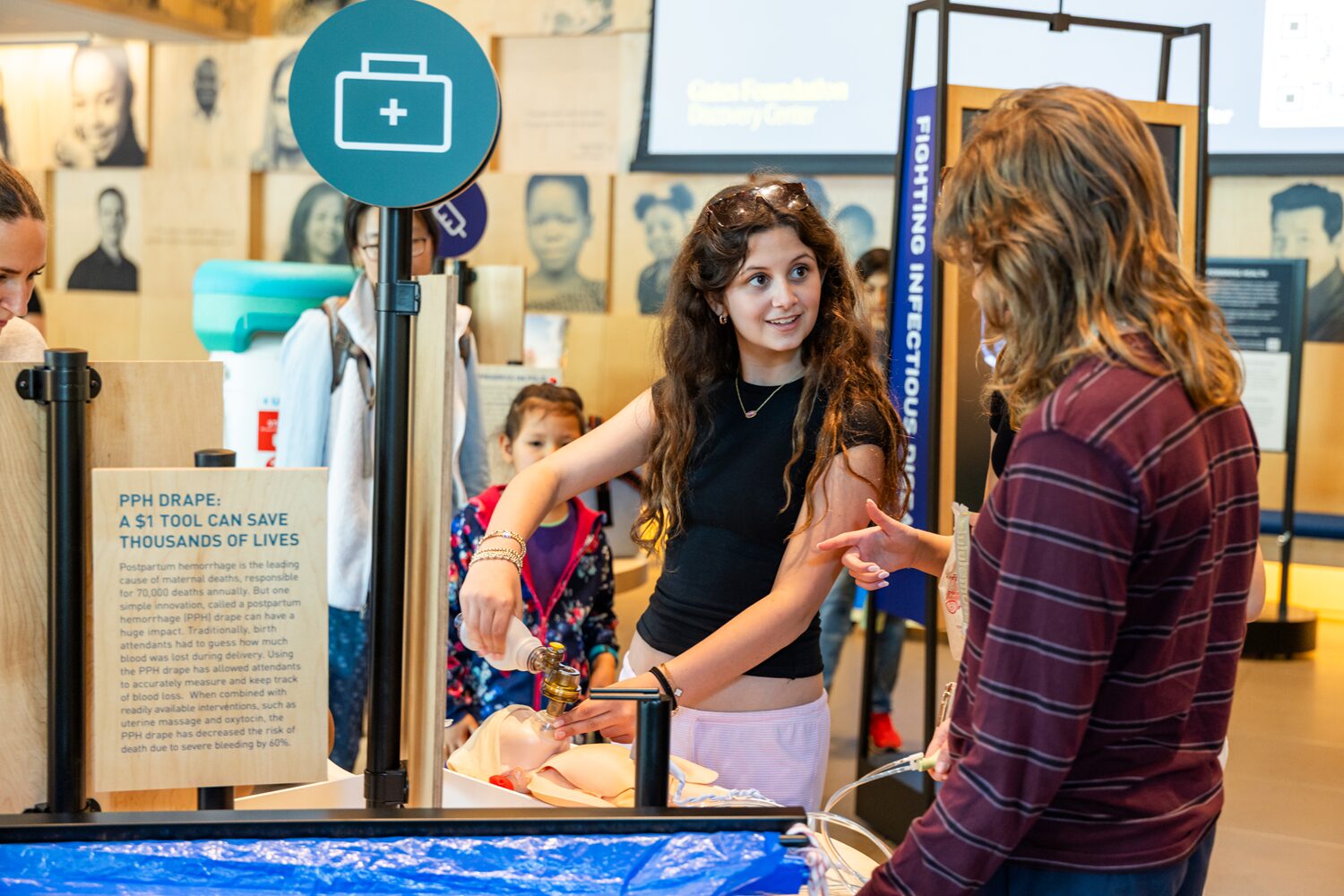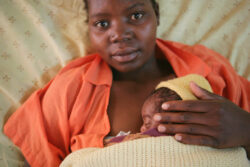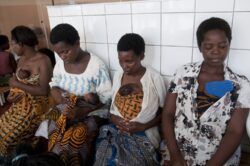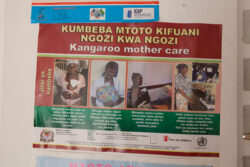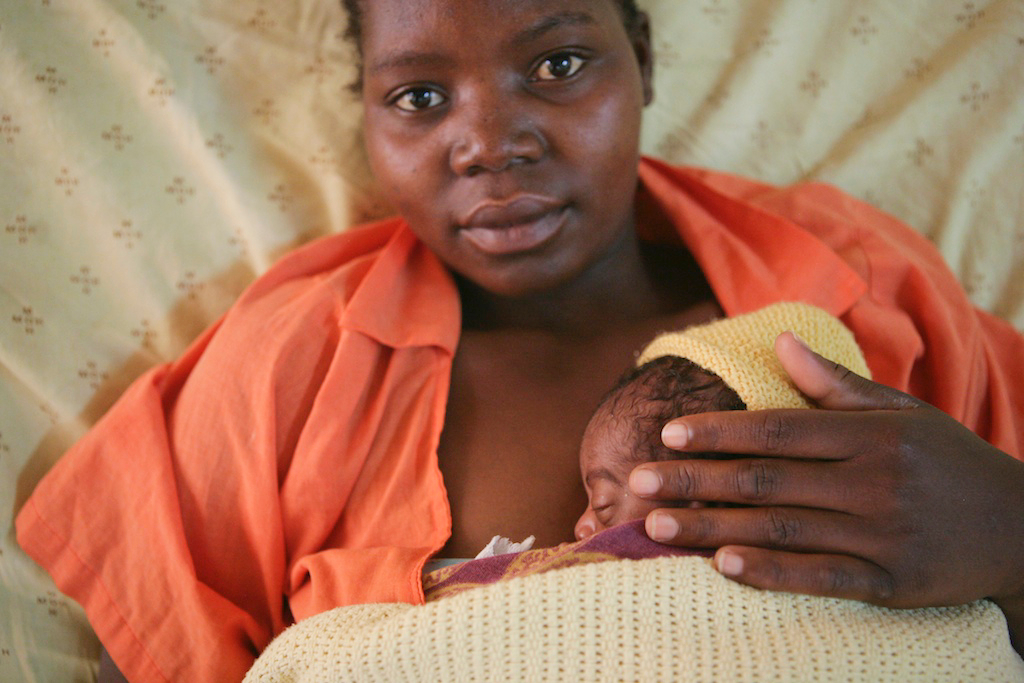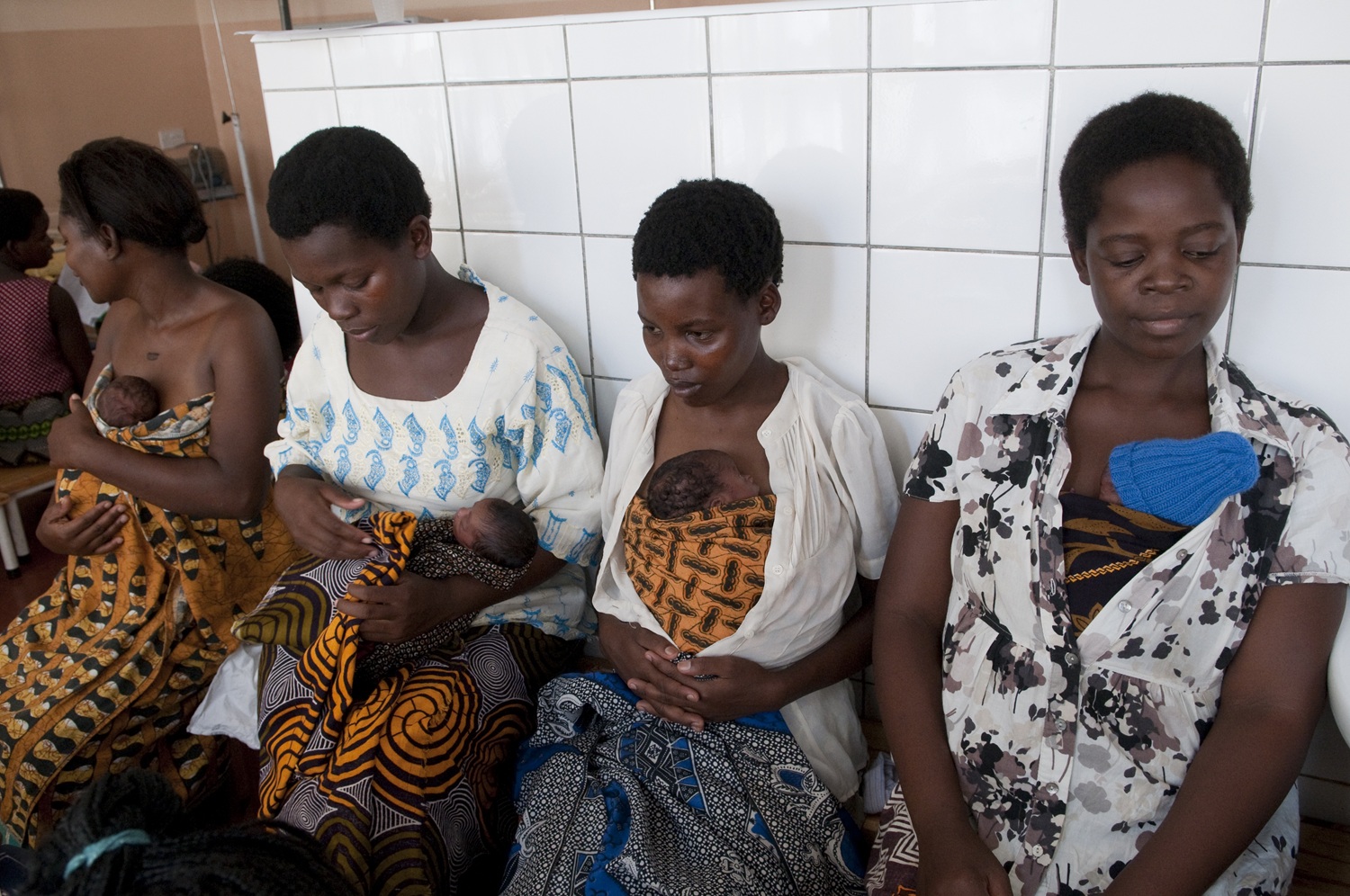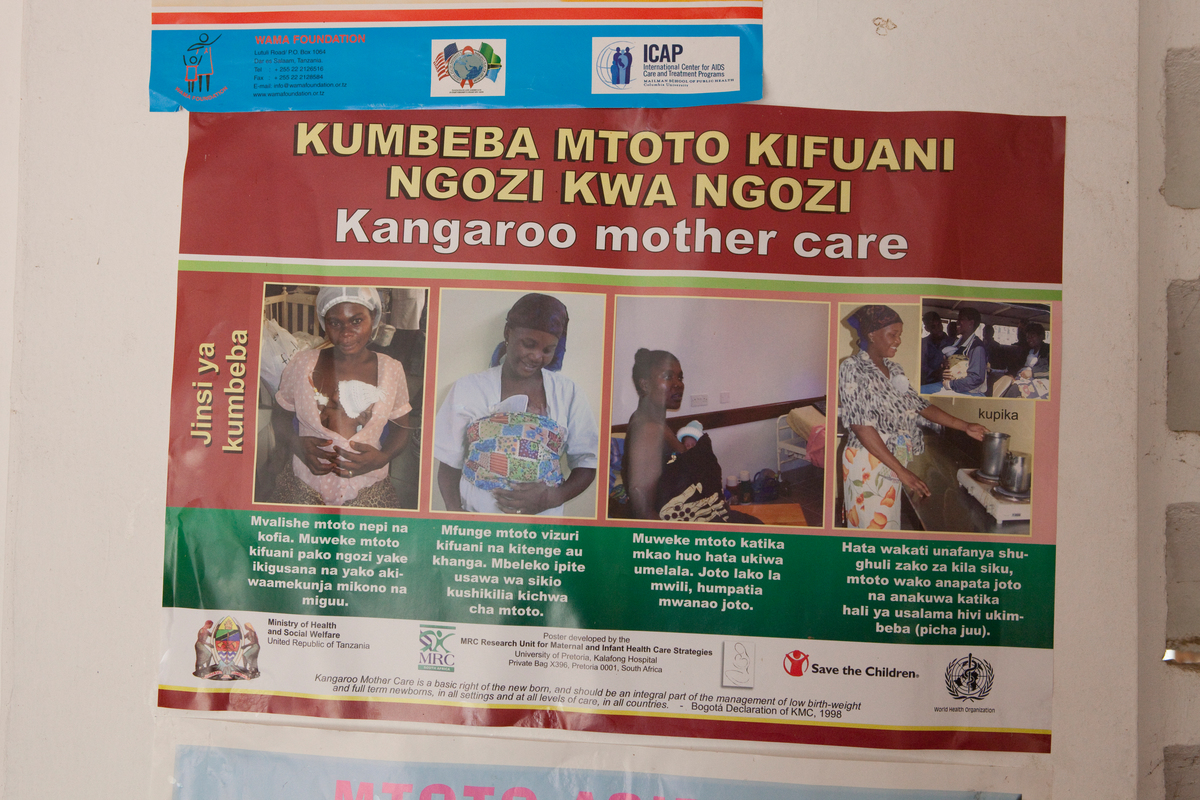In the early 2000s, there was great progress in the health of mothers and their babies around the world. But that progress has lagged in recent years—maternal and newborn deaths remain stubbornly high, and thousands die from preventable pregnancy and childbirth complications. At the Gates Foundation, we are working with partners around the world to ensure that women and newborns in low- and middle-income countries survive and stay healthy before, during, and after childbirth. We focus on high-impact, low-cost innovations that minimize the most dangerous threats to mothers and babies.
If we can send a rover to Mars, we can imagine a world where mothers and babies can live long and healthy lives.
Dr. Paul Farmer
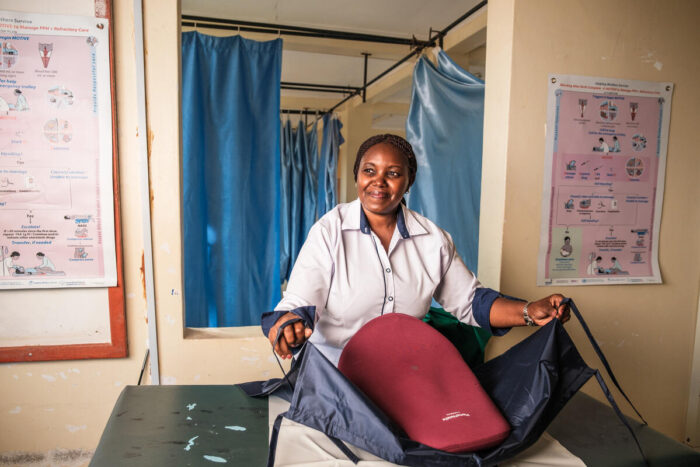
PPH DRAPE:
A $1 TOOL CAN SAVE THOUSANDS OF LIVES
Postpartum hemorrhage is the leading cause of maternal deaths, responsible
for 70,000 deaths annually. But one simple innovation, called a postpartum
hemorrhage (PPH) drape can have a huge impact. Traditionally, birth attendants had to guess how much blood was lost during delivery. Using the PPH drape has allowed attendants to accurately measure and keep track of blood loss. When combined with readily available interventions, such as uterine massage and oxytocin, the PPH drape has decreased the risk of death due to severe bleeding by 60%.
KANGAROO MOTHER CARE
Our partners are continually working on ways to make sure babies survive and thrive. One low-tech yet incredibly powerful intervention, called Kangaroo Mother Care, has led to a 25% reduction in small and sick newborn mortality. Inspired by nature’s low-weight baby—the kangaroo—the technique is named for the way the baby is placed directly on a mother’s chest, using skin-to-skin contact, for hours after birth. Developed in a low-resource setting, Kangaroo Mother Care has now saved countless babies’ lives around the world.
